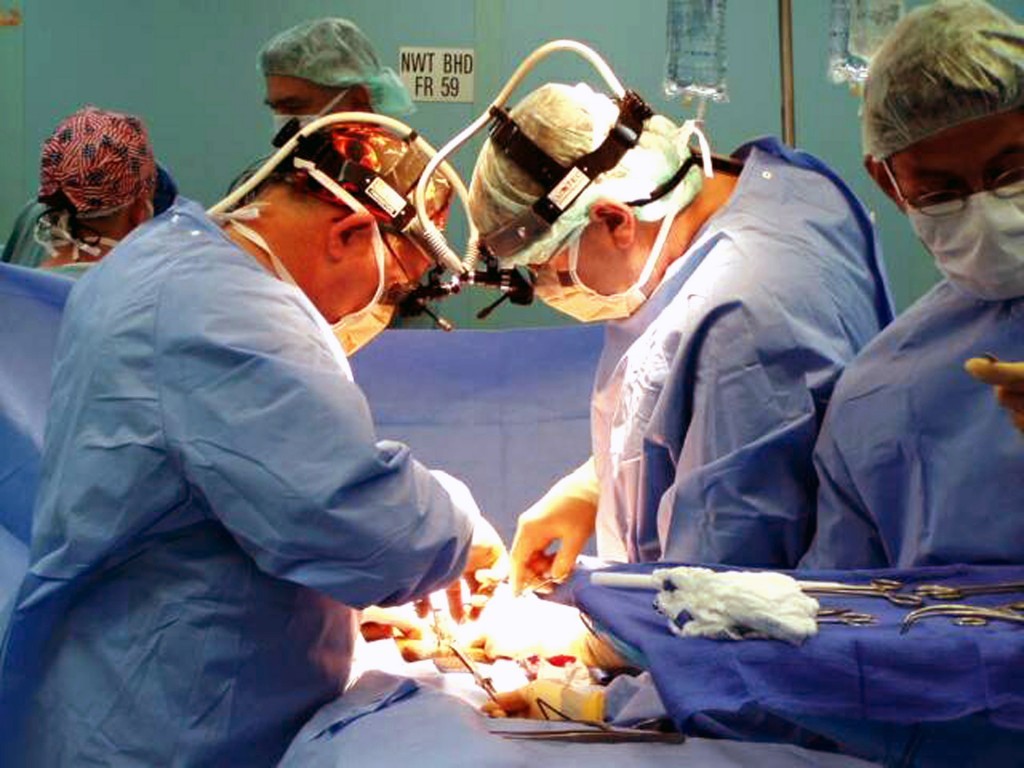Organ transplant recipients (SOTRs) might have a higher risk of dying from cancer, according to findings published on Thursday in the journal JAMA Oncology.
The study, lead by researchers from Toronto, is the largest in its kind. It certainly appears that organ recipients must take preventive actions in order to avoid the development of cancer disease.
According to physician Nancy Baxter, from the the division of general surgery at St. Michael’s Hospital in Toronto, the study, which has evaluated the relation between cancer mortality and transplants, has found that even when solid organ transplant recipients can have longer lives, because of advances in the field of immunosuppression, they can develop at the same time an increased risk of dying from cancer, as she explained to MedScape.

Results would appear to show that cancer is the second most common cause of death in SOTRs, added Nancy Baxter. The results are not altered when considering factors such as age, sex, organ transplanted, and transplant period, so it means the risks are very similar for every organ recipient.
“Despite the fact that SOTRs have shorter life expectancies and a higher risk of dying of non-cancer-related causes, these patients have an elevated risk of cancer death as compared with the general population. Addressing the cancer burden in SOTRs is critical to improving the survival of these patients,” said the study authors when being interview by MedScape News.
Currently in the United States there are more than 123,000 people on the waiting list in order to get a lifesaving organ transplant. According to the American Transplant Foundation every 12 minutes a new name is added to the list. Unfortunately, 21 people die every day as a consequence of the lack of available organs, the institution said.
The Center for Disease Control and Prevention said that there are approximately 6,000 living donors that usually give their kidneys, part of their liver, intestine, blood or bone marrow. Hopefully, every year there are about 24,000 organ transplants, because for every living donor, several transplants can be done.
The study, which is the biggest in its kind, has analyzed data from 11,061 people who had a median age of 49 years, it was found that 1267 (11 percent) of the patients, developed post-transplant cancer after 5 years of receiving an organ.
The most common type of cancer that was developed was skin cancer (29.82 percent). Researchers also stressed that pediatric SOTRs had an increased risk of lymphoma, which was even bigger than the risk that adults older than 60 years had. Researchers from the study said that next step that should be taken in order to make advances in transplants is to try to reduce the development of cancer in patients.
“The article shouldn’t scare patients into avoiding life-saving transplantation or induce them to stop their immunosuppression. They should work with their transplant team to establish specifics regarding cancer screening, i.e., seeing a dermatologist annually for skin cancer screening,” said Dr. Thomas Schiano, medical director of liver transplant for Mount Sinai Health System in New York City.
Source: MedScape
